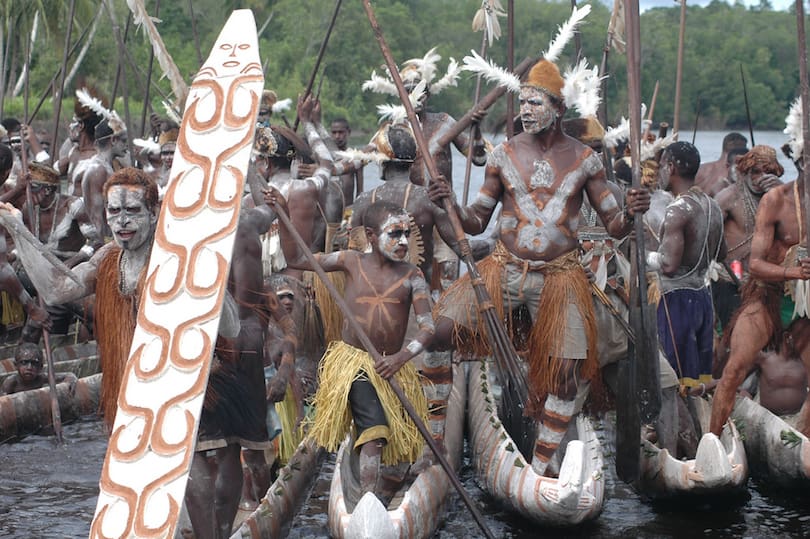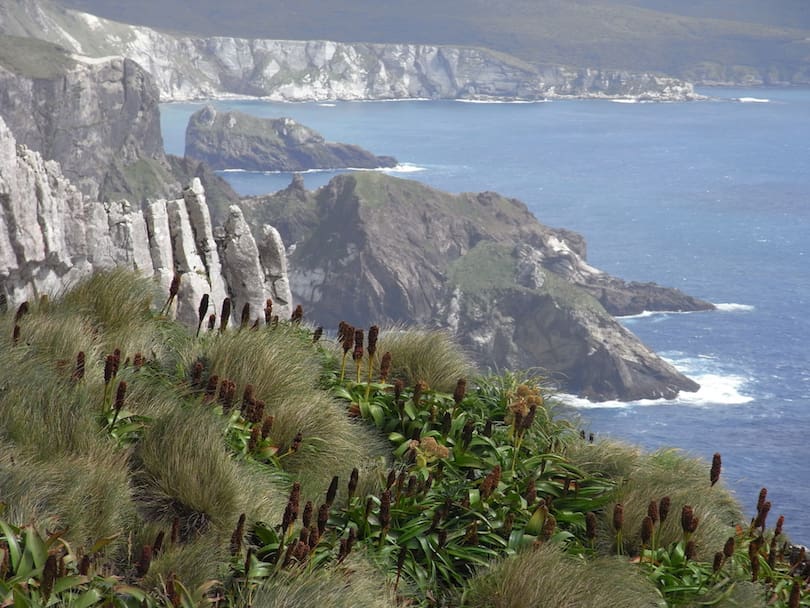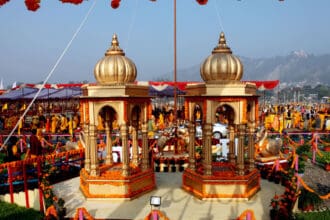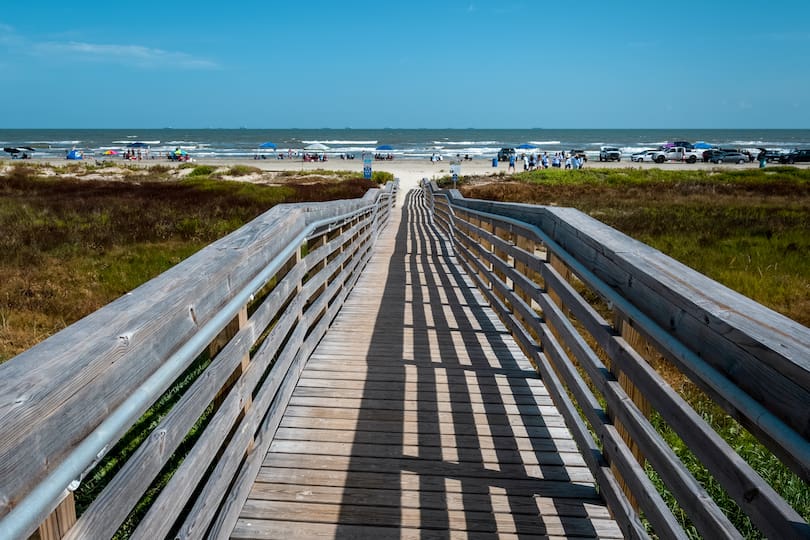Explore the top 10 most important rivers in the world, vital for sustaining life and shaping civilizations. From the Amazon to the Nile, learn about their significance and impact on the planet.
Introduction
Water, the elixir of life, flows majestically through the veins of our planet in the form of rivers. These powerful waterways have played a pivotal role in shaping civilizations, supporting ecosystems, and providing sustenance to millions of people throughout history. In this comprehensive article, we delve into the top 10 most important rivers in the world. From the mighty Amazon to the historic Nile, each of these rivers has its own unique significance, and we’ll explore what makes them truly extraordinary.
10 Most Important Rivers in the World
1. The Amazon River: A Biodiversity Paradise
The Amazon River stands as a symbol of nature’s abundance, meandering through the dense rainforests of South America. It is not only the longest river in the world but also the most voluminous, carrying more water than any other river on the planet. The Amazon River Basin is a biodiversity hotspot, home to an astounding array of plant and animal species found nowhere else. From the iconic pink river dolphins to the enigmatic jaguars, this river nurtures a rich tapestry of life.
2. The Nile River: Cradle of Civilization
Flowing through northeastern Africa, the Nile River is one of the most historically significant waterways. It has been the lifeline of ancient civilizations, supporting the growth of agriculture and providing a crucial trade route. Today, the Nile remains essential for the livelihoods of millions of people, particularly in Egypt and Sudan. The Great Pyramids and the temples of Luxor are silent witnesses to the Nile’s role in shaping the early foundations of human civilization.
3. The Yangtze River: China’s Mighty Flow
China’s Yangtze River, Asia’s longest river, has been a source of inspiration and life for thousands of years. Its fertile valley supports vast rice paddies and provides water for irrigation and transportation. The Three Gorges Dam, the world’s largest hydroelectric power station, harnesses the Yangtze’s energy to fuel China’s rapid development.
4. The Mississippi River: A Cultural Icon
Flowing through the heart of the United States, the Mississippi River holds immense cultural significance. Mark Twain immortalized it in his literary works, and it has served as a gateway to the west for early explorers and settlers. Today, the Mississippi supports a thriving agricultural industry and remains an essential transportation route.
5. The Danube River: Europe’s Second Longest
The Danube River winds its way through the heart of Europe, passing through ten countries and connecting numerous diverse cultures. Its banks are adorned with historic cities, castles, and vineyards. The Danube has witnessed the rise and fall of empires and remains an important trade route for modern Europe.
6. The Ganges River: Sacred and Spiritual
The Ganges River is not just a physical entity; it holds profound spiritual significance for millions of Hindus in India. Devotees believe that bathing in its holy waters can cleanse them of their sins. Despite facing pollution challenges, the Ganges sustains the livelihoods of millions of Indians and supports a vast ecosystem.
7. The Congo River: Africa’s Powerhouse
The Congo River, the second-longest river in Africa, courses through dense equatorial rainforests. It is a vital resource for the countries it traverses, providing water, food, and transportation. The river’s immense hydropower potential offers hope for future energy generation in the region.
8. The Mekong River: Southeast Asia’s Lifeline
The Mekong River flows through six countries in Southeast Asia, sustaining a vibrant and diverse ecosystem. It serves as a crucial fishery, providing food security for millions of people. The construction of dams along the Mekong, however, poses significant challenges to the river’s delicate balance.
9. The Indus River: Pakistan’s Agricultural Backbone
The Indus River has nurtured the fertile plains of the Indian subcontinent for thousands of years. It is the lifeline of Pakistan’s agricultural industry, supporting the nation’s food security. The ancient Indus Valley Civilization, one of the world’s earliest urban societies, thrived along its banks.
10. The Murray-Darling River: Australia’s Vital Resource
In the arid landscapes of Australia, the Murray-Darling River is a lifeline for ecosystems and human communities alike. It sustains agriculture, provides water for irrigation, and supports unique wildlife found in the region’s wetlands.
Frequently Asked Questions (FAQs)
Q: What is the longest river in the world?
The Amazon River holds the distinction of being the longest river in the world, spanning approximately 6,575 kilometers (4,086 miles).
Q: Which river is associated with the ancient Egyptian civilization?
The Nile River is intimately tied to the ancient Egyptian civilization and is often referred to as the “Cradle of Civilization.”
Q: What is the significance of the Yangtze River in China?
The Yangtze River is a vital resource for China, supporting agriculture, transportation, and serving as a source of hydroelectric power.
Q: Why is the Ganges River considered sacred?
For millions of Hindus, the Ganges River is a sacred and spiritual entity, and they believe that bathing in its waters can purify their souls.
Q: How does the Congo River benefit Africa?
The Congo River serves as a lifeline for Africa, providing water, food, and transportation to the countries it flows through.
Q: What challenges does the Mekong River face?
The Mekong River faces challenges due to the construction of dams, which disrupt its natural flow and impact the region’s ecosystems.
Conclusion
The world’s most important rivers are not merely water bodies; they are the lifeblood of civilizations, ecosystems, and cultures. From the astonishing biodiversity of the Amazon to the historical significance of the Nile, each of these rivers has shaped the course of human history and continues to impact our lives today. As stewards of our planet, it is essential that we preserve and protect these invaluable resources for generations to come.







